
My Horse is Too Fat. What Should I Do?
Overweight horses are at risk for a number of health conditions. Here are some tips to use if your horse needs to lose weight.
Proper feeding practices for foals, adult horses, and older horses

Overweight horses are at risk for a number of health conditions. Here are some tips to use if your horse needs to lose weight.

Researchers found that many old horses are in good body condition. And, at least in certain countries, those that don’t have ideal condition are more likely to be overweight than underweight.
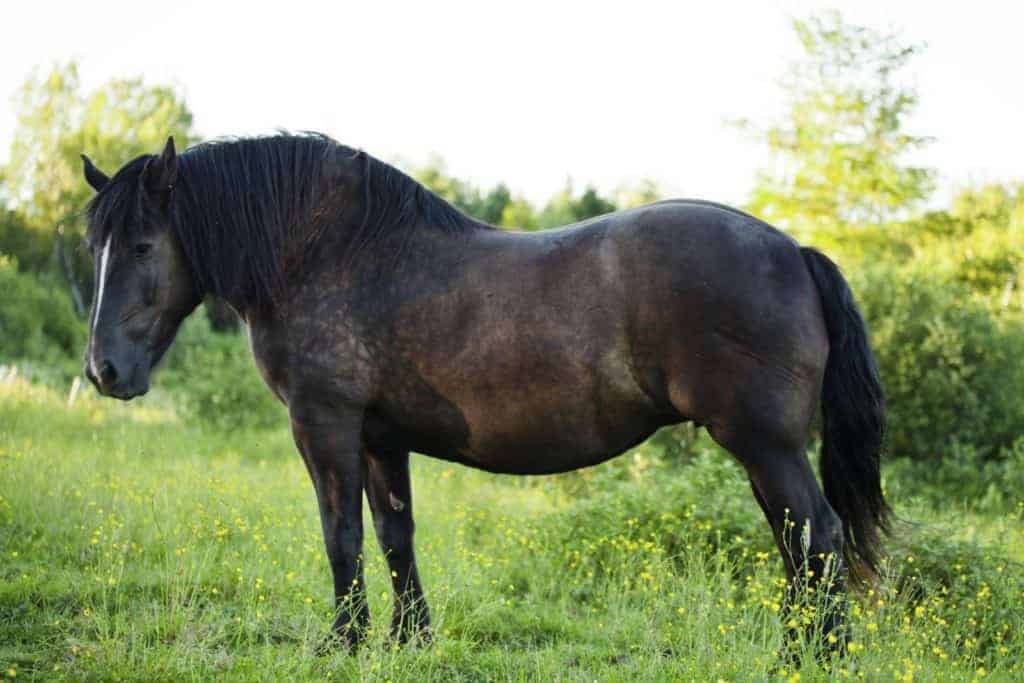
Studies suggest that more than half of certain horse populations in the U.K. are overweight or obese. As such, BEVA urges owners to act now to reduce the risk of their horses suffering weight-related health and welfare risks come spring.

Plan ahead to keep family, employees, and horses safe during a winter weather disaster.

Some horses that consume monensin eventually recover—a few even return to work—but it hasn’t been clear how toxicity impacted their hearts and subsequent athletic performance. Here’s what researchers learned.

Round broodmares grazing on lush pastures might make an idyllic picture, but danger could lurk in the grass. Download this special report to learn more about fescue toxicosis, its cause, prevention, and available treatment.

If economics were not a factor, what would you include in your dream horse barn? Here are some amenities owners have put on their barn wish lists, plus input from a horse owner with experience in both commercial and equine construction industries.
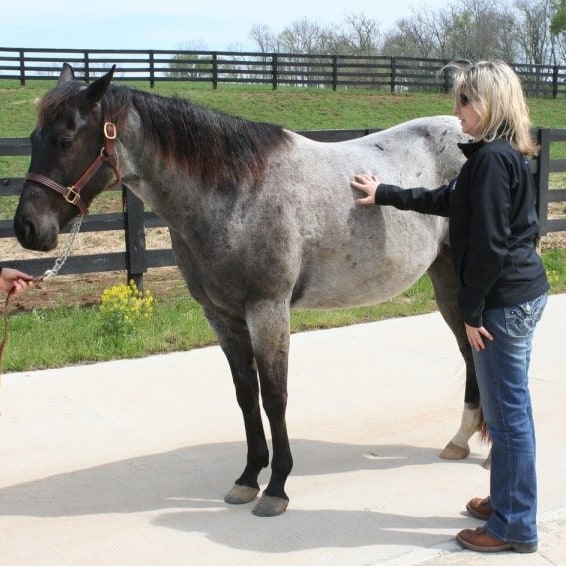
As we understand more about the impact that obesity and emaciation have on equine health, it is imperative that we strive to keep our horses at an optimum body condition.

Horses need access to fresh and unfrozen water during the winter months. Here’s what to remember.
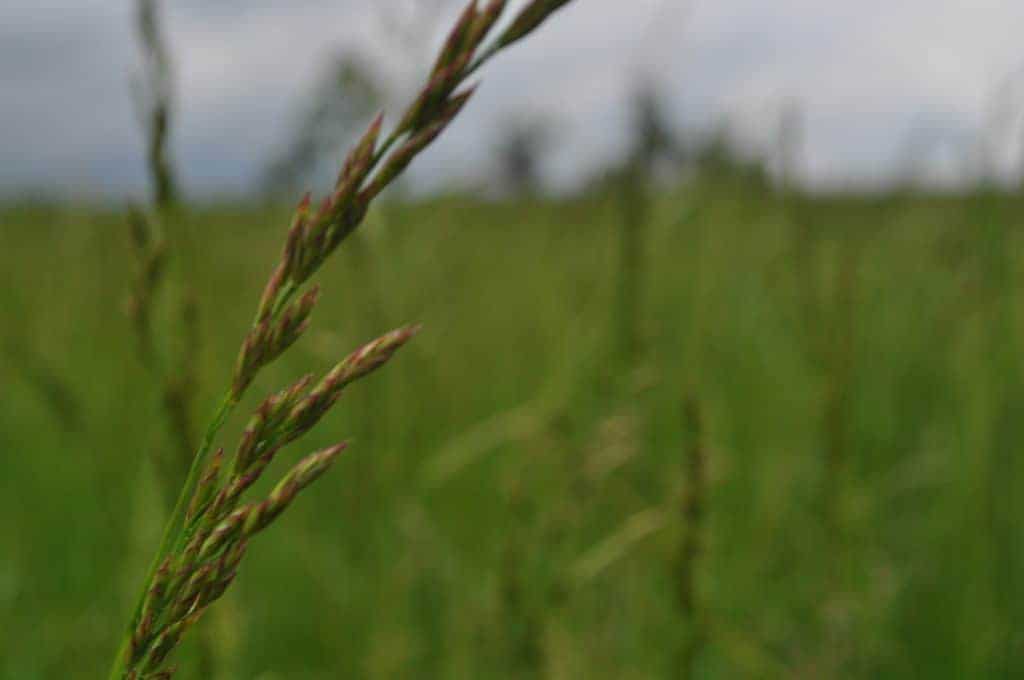
Tall fescue is one of the most widely grown perennial grasses in the world and covers approximately 37 million acres in the United States alone. But some varieties can be detrimental to horses. Here’s what you need to know if you have tall fescue in your pastures.

Weanlings should grow steadily and moderately as rapid weight gain could put them at risk for developmental orthopedic diseases. Three experts share their tips for achieving appropriate growth via nutrition.

Take a look at 30 years of equine dietary developments presented at the 2018 KER Conference, which took place Oct. 29-30 in Lexington, Kentucky.
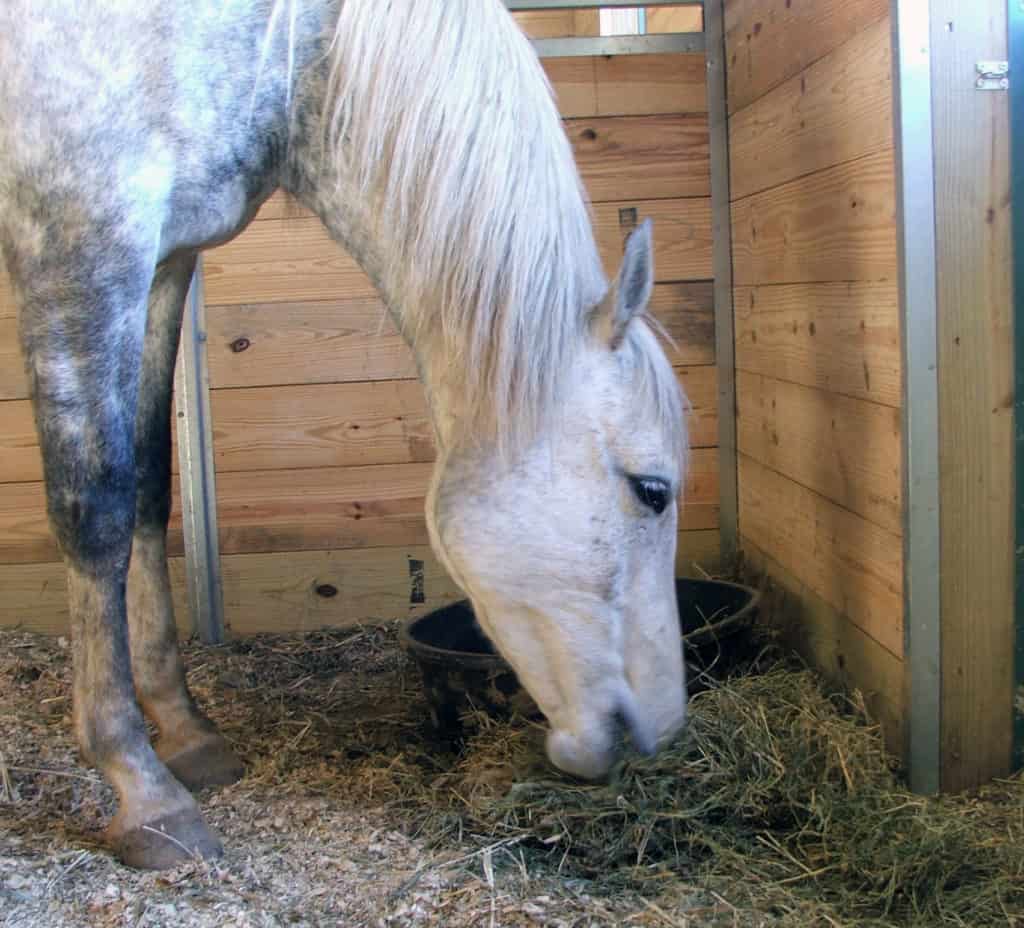
Acid detergent fiber and neutral detergent fiber measurements can help you decide if hay is good for your easier keeper, broodmare, or growing foal.
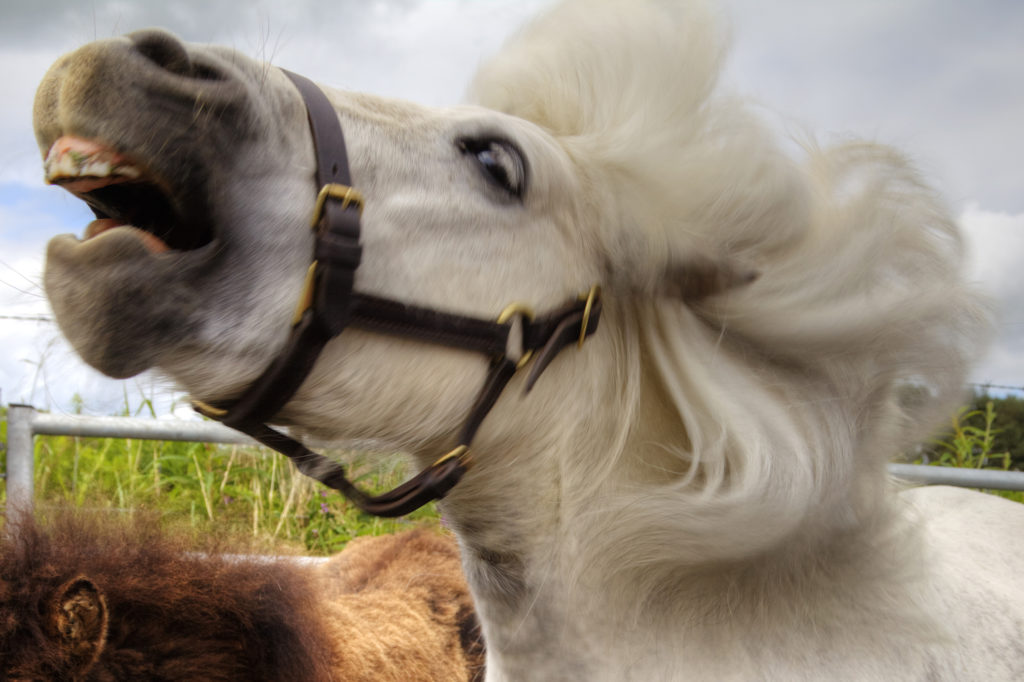
There’s a nerve-tingling explanation behind many equine headshaking cases. Here’s what you need to know.
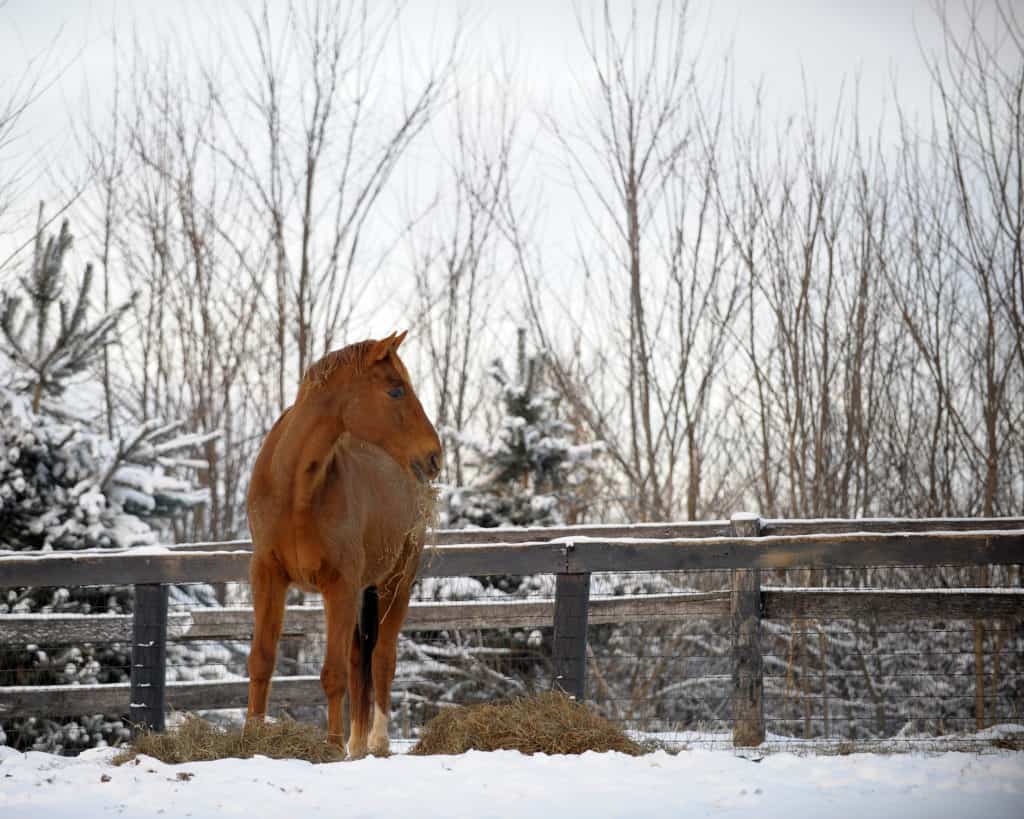
It’s one of the most common questions an owner asks: What should I feed my horse? Equine nutritionists look both to research and their own experience to find an answer, but oftentimes the most appropriate one is, “Well, it depends.” Here are some points they might take into account.

Researchers found that, in a pony with nutritional secondary hyperparathyroidism (NSH), which causes bone to deform as it loses calcium, a bisphosphonate combined with a balanced diet seemed to alleviate clinical signs of disease.
Stay on top of the most recent Horse Health news with
"*" indicates required fields